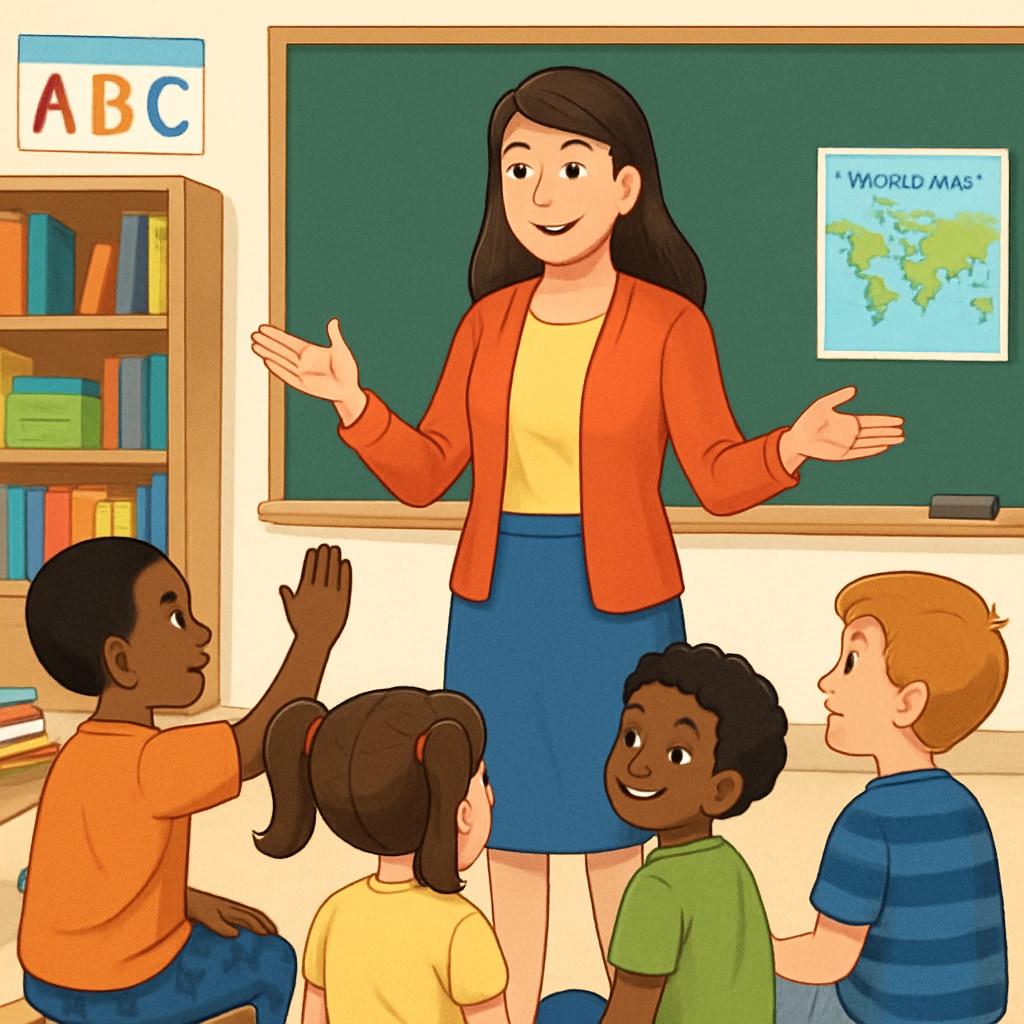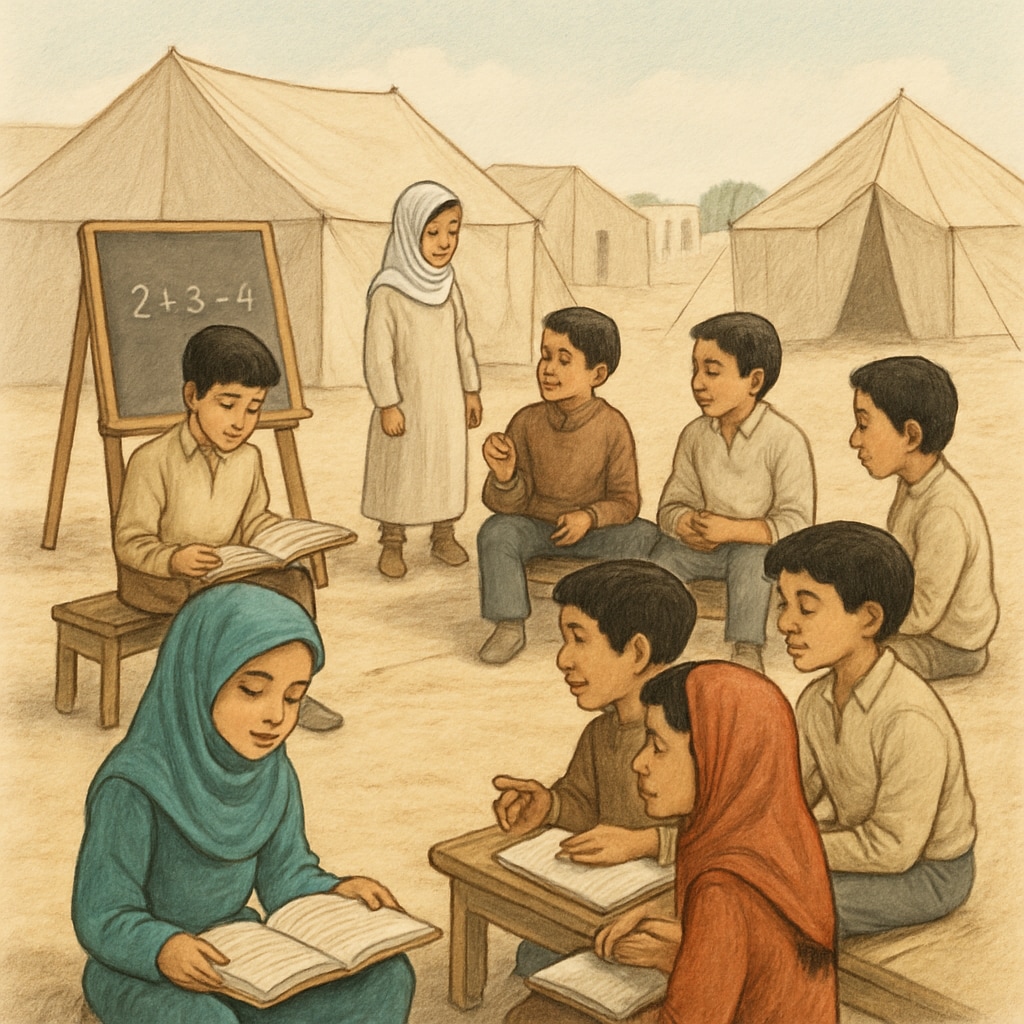Ms Rachel, Children’s Education, Humanitarianism, and the Middle East are vital topics in today’s evolving digital landscape of educational influencers. In recent years, creators like Ms Rachel have become pivotal figures in shaping young minds and promoting values that transcend geographical boundaries. Their platforms, initially focused on teaching literacy, emotional intelligence, and other developmental skills, are increasingly expected to address broader humanitarian concerns such as equity, inclusivity, and global awareness.
Educational Influencers as Catalysts for Change
Educational influencers like Ms Rachel have reached millions of families worldwide through engaging and accessible content. Their work often goes beyond traditional teaching methods, incorporating storytelling and interactive formats to connect with children on a deeper level. However, as their audience grows, so does the responsibility to influence not just educational outcomes but societal values.
For example, through her YouTube channel, Ms Rachel has become synonymous with early childhood education. Her videos emphasize kindness, self-expression, and respect for diversity. However, can such influencers also use their platforms to raise awareness about global humanitarian crises affecting children in regions like the Middle East? The answer lies in the willingness to expand their focus from localized educational goals to universal human rights.

Humanitarianism in Children’s Education
Humanitarianism in the context of children’s education involves advocating for the rights and welfare of all children, regardless of their geographical location or socioeconomic status. Influencers like Ms Rachel have the unique ability to bring attention to issues such as access to education in conflict zones, refugee crises, and disparities in educational resources worldwide. For instance, in the Middle East, organizations like UNICEF have highlighted the need for educational programs tailored to children affected by war and displacement (UNICEF Middle East and North Africa).
By collaborating with global humanitarian organizations or featuring stories of resilience and hope from affected regions, educational influencers can inspire their audience to think beyond their immediate environment. This approach not only enriches the educational experience but also fosters empathy and global awareness among young learners.

The Challenges and Opportunities
Expanding the humanitarian focus of children’s education influencers comes with challenges. Tackling sensitive topics like conflict and displacement requires a delicate balance to ensure content remains age-appropriate and aligns with the core mission of fostering learning and positivity.
However, the opportunities for impact are enormous. Ms Rachel and other influencers can leverage their platforms to spotlight organizations working on the ground, such as Save the Children or UNESCO (Save the Children, UNESCO). They can also use storytelling to humanize distant issues, making them relatable for children and their families.
For example, featuring a video series on “Kids Around the World” could introduce young viewers to cultures, challenges, and triumphs from different regions, including the Middle East. This approach would not only educate but also inspire future generations to embrace diversity and advocate for equitable solutions.
Conclusion: The Boundless Responsibility
Ms Rachel, Children’s Education, Humanitarianism, and the Middle East are interconnected in ways that highlight the boundless potential of educational influencers. By expanding their focus to include global humanitarian issues, creators like Ms Rachel can play a transformative role in shaping not only the minds but also the hearts of future generations. Their responsibility goes beyond teaching ABCs and 123s; it extends to fostering a world where every child, regardless of their circumstances, has the opportunity to thrive.
In a world increasingly defined by interconnectedness, the role of educational influencers must evolve to reflect the universal values of compassion, equity, and global responsibility. This journey may be challenging, but the rewards—empowered children, informed families, and a more empathetic society—are immeasurable.
Readability guidance: The article uses concise paragraphs and accessible language to ensure clarity. Images are positioned to complement the narrative, enhancing reader engagement. External links provide authoritative sources for further exploration.


